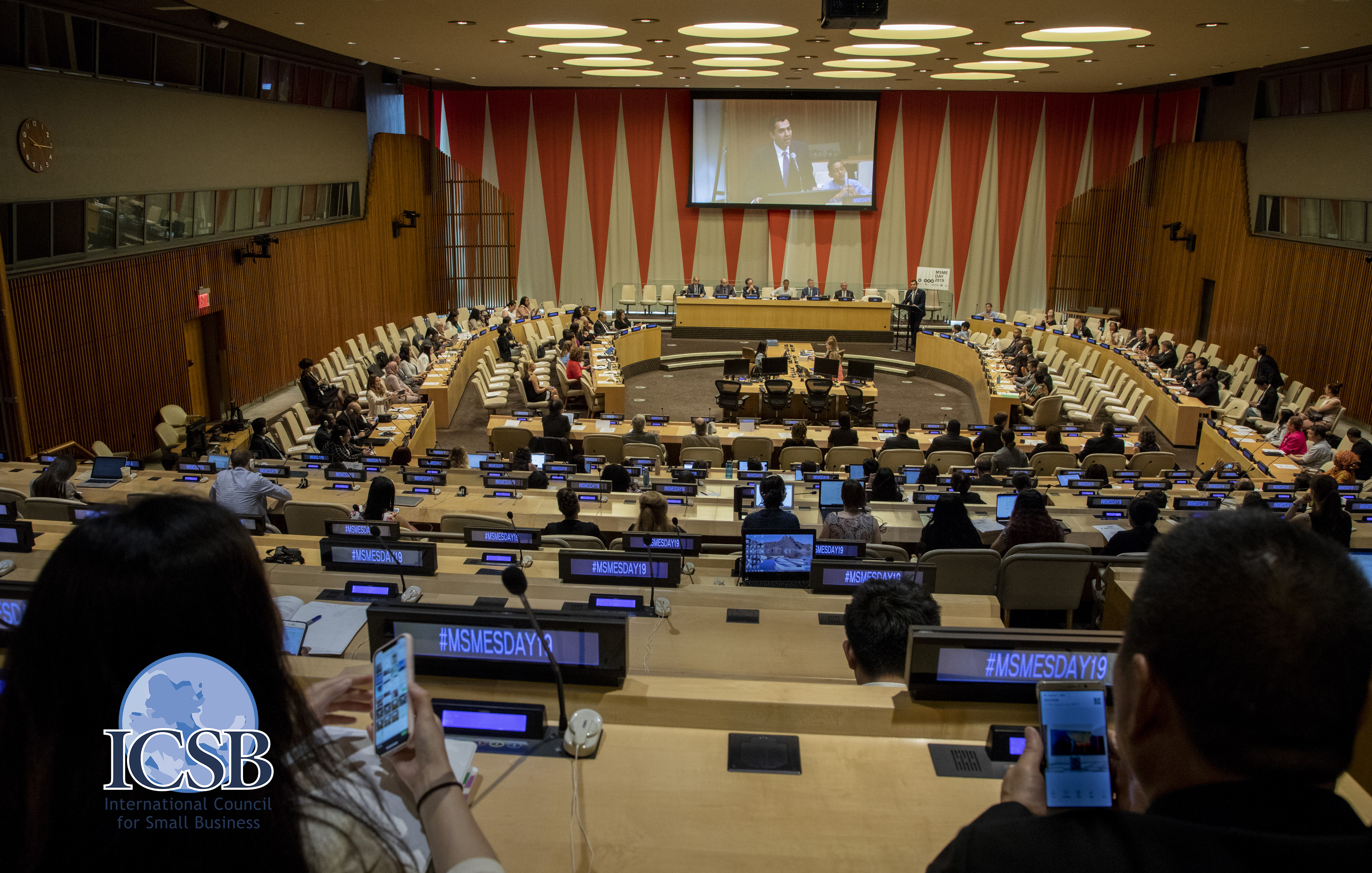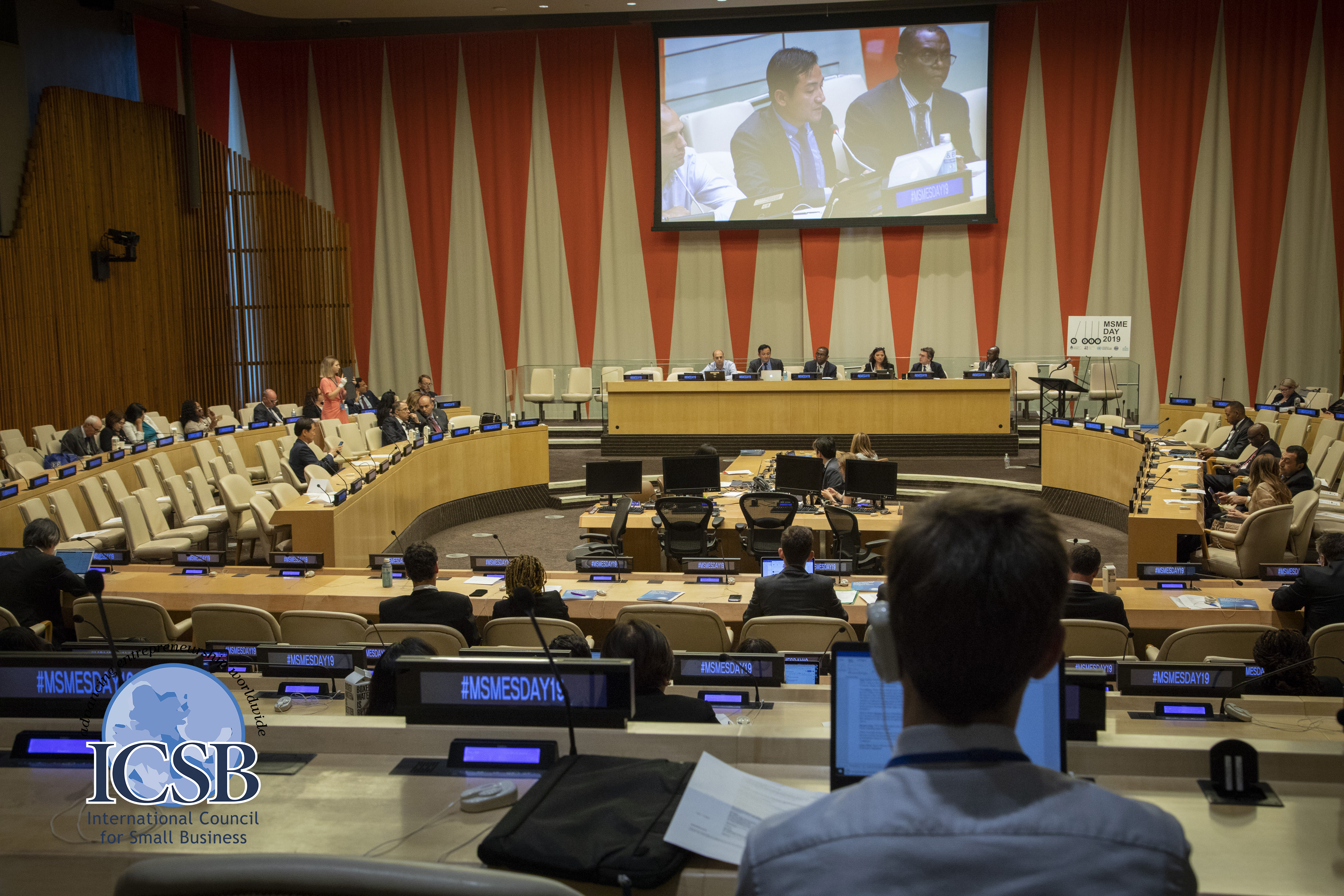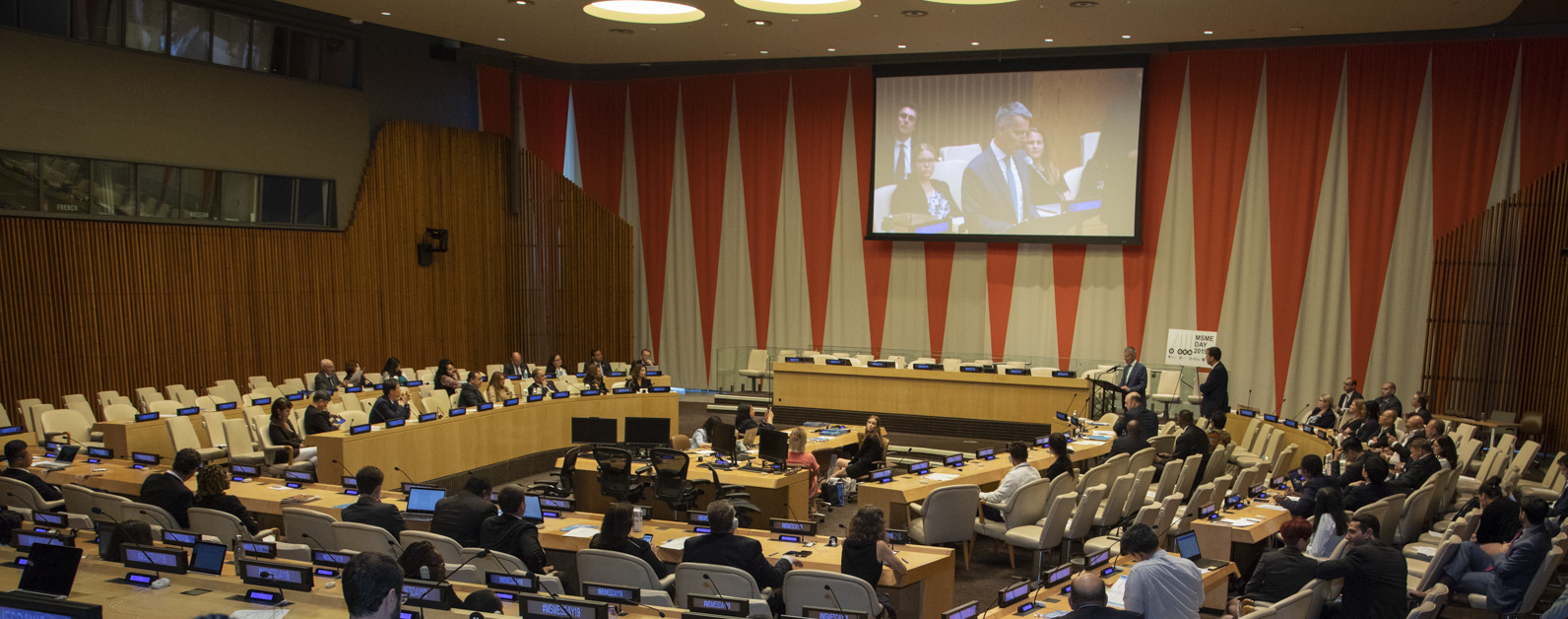
Moving Towards an Innovation-Driven Economy Through Humane Entrepreneurship: From Human 1.0 to Human 10.0
Moving Towards an Innovation-Driven Economy Through Humane Entrepreneurship
Monday, October 21, 2019
Moving Towards an Innovation-Driven Economy Through Humane Entrepreneurship
Monday, October 21, 2019
From Human 1.0 to Human 10.0
Currently, Korea’s SMEs are: 1) weak in terms of innovation performance and innovation commitment 2) providing low wages 3) offering little motivation incentives for employees and 4) experiencing a vicious cycle of manpower shortage. Let’s look at the current problem.
First is the weakness of innovation performance and innovation commitment of Korean SMEs. In particular, SMEs’ new technology and innovation achievements are very scarce. The percentage of companies launching new products and services shows the innovation performance of SMEs at less than 3%, very low for OECD countries (OECD, 2015).
The entrepreneurial spirit is required for innovation growth in Korea’s SMEs. In 2000, Korea ranked second in the Entrepreneurship Index Monitor (GEM, 2000) which compared companies in more than 100 countries. However, in 2018, Korea lost its rank and fell to 24th among 137 countries (GEDI, 2018). (Read more…)









